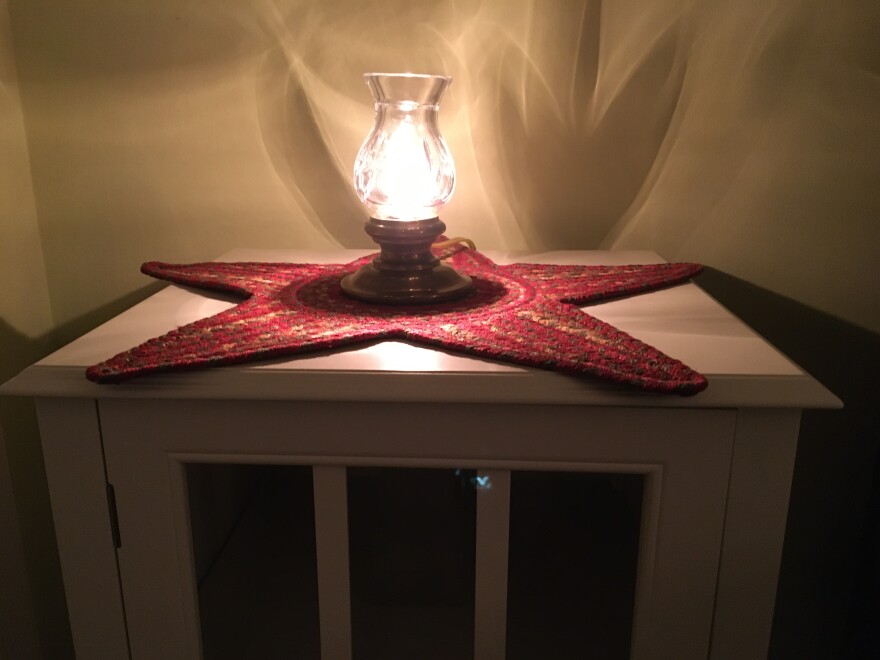HARRISBURG, Pa. — Consumers across the state could see an uptick in their energy bills as of Friday, Dec. 1, the day many utilities will adjust their supply prices.
Not all utility bills will go up, however.
Still, since the timing of the cost adjustments coincides with the onset of cold weather, the PUC has suggested several ways for consumers to balance staying warm with keeping energy costs under control.
Initially, a big way to save is to first realize the impact small changes can have on your electric and natural gas heating bills, the PUC said in a written statement.
Energy usage is a key factor in the size of winter energy bills, and there are many ways that consumers can control that usage, PUC officials said.
Energy saving tips include:
- Paying attention to the thermostat. Every degree a consumer raises or lowers the temperature could affect energy costs by up to 3%. Also, consider a programmable thermostat to automatically lower temperatures while nobody's home.
- Regular furnace maintenance along, with cleaning air filters, helps ensure efficient operation of your heating system.
- Adding insulation, installing storm windows and doors, and sealing cracks and air leaks can help your home stay warmer and use less energy.
- Installing or repairing ceiling fans in high-traffic rooms to move warmer air near the ceiling downward, keeping the room and you warmer.
- Consider setting the temperature on your water heater a few degrees cooler can help save money on your energy bills.
Direct conversation with utilities
The energy used to light and heat homes comes in two parts: Generation or supply and delivery or distribution.
The price adjustments coming up affect the generation/supply component, the part for which you can shop. What you pay depends on the contract you agreed to with your provider.
That part can change if a consumer shops around for a better price, and it's this part that is affected by the impending adjustment.
"For struggling households already impacted by higher energy costs as winter sets in, the PUC continues to encourage them to call utilities now. Direct conversations between customers and utilities are the best 'first step' in addressing outstanding bill balances and discussing utility assistance programs."Pennsylvania Public Utilities Commission
The delivery/distribution part of an energy bill also includes transmission of the energy delivered to a home. Poles, wires, pipelines and other infrastructure are included.
The price you pay supports your local utility and is not negotiable. Consumers can't shop around for a better price, they said.
The PUC urges consumers who are struggling with the cost of heating their homes to contact their utilities.
"For struggling households already impacted by higher energy costs as winter sets in, the PUC continues to encourage them to call utilities now," it said.
"Direct conversations between customers and utilities are the best 'first step' in addressing outstanding bill balances and discussing utility assistance programs."
Shopping for energy
The PUC offers energy shopping websites including PAPowerSwitch.com and PAGasSwitch.com, both of which offer instructions on how to shop for supply services.
Additionally, across the state, most Pennsylvania electric distribution companies offer residential and small business customers a choice to participate in a voluntary electric shopping program known as the Standard Offer Customer Referral Program.
The program helps regulate the supply cost of energy. Conditions apply.
Pennsylvania's Department of Human Services also offers theLow-Income Home Energy Assistance Program (LIHEAP) which helps families living on low incomes pay their heating bills in the form of a cash grant.
The 2023-2024 LIHEAP application period is open now and closes April 5.


